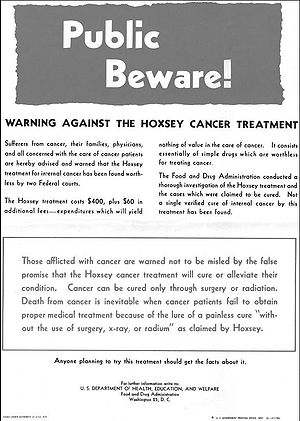
Image via Wikipedia
The "small-government" advocates fail to understand that their notion of the role of government is quintessentially liberal - not conservative. Their politics owes its inspiration to the ideas of John Locke. As such, their prescriptions are based upon philosophic nominalism: they can see the particular, the tree, but not the universal, the forest, the idea of a tree; the little picture, but not the big picture. The little picture, when applied to politics, asserts that 305 million solitary selves, each pursuing their own self-interests, based upon profit-motive and the accumulation of material goods, will somehow benefit everyone.
If that proposition were true, the American economy today would be booming. Instead, the empirical evidence - in contrast to the theological beliefs of its proponents - shows that solitary selves, particularly in the world of private enterprise, seek to maximize their profits and minimize their costs of production to the detriment of the public good and, in the long run, to the detriment of private enterprise itself. As more and more Americans descend into poverty, as the middle class is hollowed-out, and increasing numbers of jobs are out-sourced to the third-world, the United States more and more begins to resemble a third -world country.
Evidence that the private sector and entrepreneurs will, if left to their own devices, create prosperity is belied by an opinion piece in today's New York Times ("Yes, We Need Jobs. But What Kind?"). In that article, MIT economist Paul Osterman observes that "Last year, one in five American adults worked in jobs that paid poverty-level wages." He further reported on a job study that he conducted in the Rio Grande Valley in Texas, which Governor Perry has touted as one of his great success stories. Osterman observes that, "the median wage for adults in the valley between 2005 and 2008 was a stunningly low $8.14 an hour (in 2008 dollars). One in for earned less that $6.19 an hour."
By contrast, the big picture people intuitively understand that society is something more than the aggregation of selfish selves, and that the public interest in a democracy - essential public needs - can only be met through the agent chosen by the people in elections- the government. By contrast, no one elects a corporation or private enterprise to do anything; nor would either ever do anything that could not return a profit.
What do the railroads, the highways, the land grant colleges, the GI Bill, community colleges, public education, airports, FEMA, the Veterans' Administration, polio vaccine, initial AIDs research, the Food and Drug Administration, Medicare and Social Security all have in common? They were all created by the government, not the private sector.
The railroads are a perfect illustration: The Westward movement in the United States was subsidized and supported by the federal government. All of the railroad rights-of-way were ceded to private railroad corporations by the U.S. government; the land belonged to the public, the taxpayers. Initially, the symbiotic relationship between passengers and freight service worked well. Over generations, however, the greedy children of the railroad magnates and the shareholders decided that passenger service was too much of a burden and opted, from the 1950s onward, to reduce passenger service as a priority. This effort was aided and abetted by banks and real estate developers who saw a benefit from suburban sprawl, but it has greatly harmed our environment and to our ability to recognize our essential inter-connectedness as citizens in a democracy.
Our increasing inability to recognize our essential inter-connectedness as citizens - and to act in accordance with that recognition - has exacerbated the latent anti-social individualism that threatens to unravel our society. If this trend is not reversed, our children and grandchildren, given their meager prospects in life, will rue our collective myopia and selfishness.
